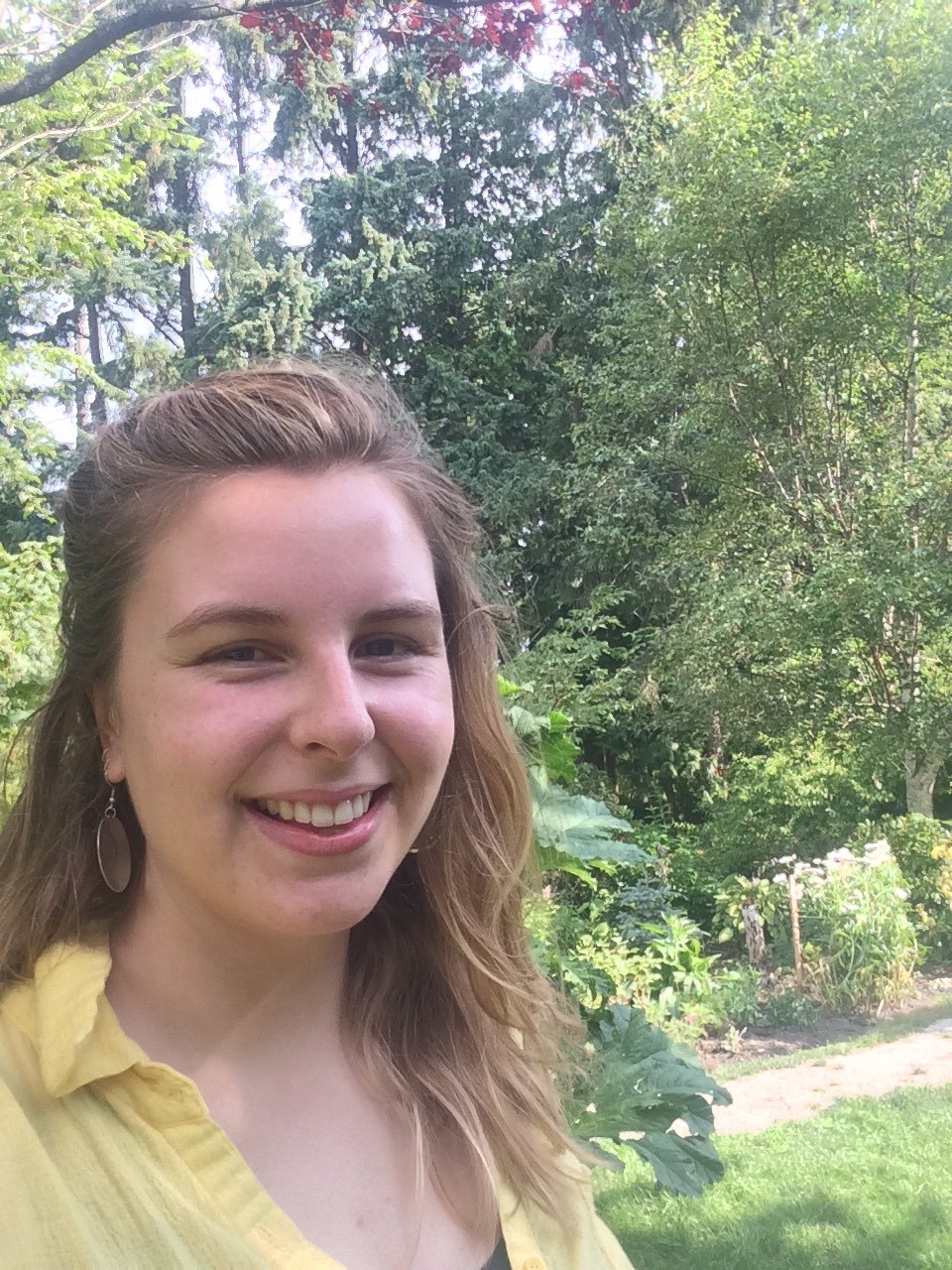Many have been living on the verge of food insecurity, and the current pandemic is pushing them over the edge. According to PROOF - an interdisciplinary research team investigating household food insecurity in Canada – one in eight households in Canada are food insecure.
Food insecurity, defined by PROOF, refers to financial constraints limiting access to food. As many Canadians have been temporarily laid off work, many have been thrown into food insecurity due to lack of income.
Having the skill and ability to grow your own food provides individuals and families with [an element of] food security.
For some, during the pandemic, we are encouraged to limit trips to grocery stores, and with more time at home, there is no better time to try a new activity, such as gardening, as a way to keep busy and get outside. Access to seeds is now more important given this new demand.
Many garden centres and seed companies are experiencing overwhelming demand as more and more people are trying to grow food at home. The most affordable way to grow food is from seeds rather than buying plants. Some companies have up to a 5 week delay in shipping out seeds, putting food security even more at risk.
Seed libraries and seed savers are a great way to fill in the gaps. Seed libraries hold regionally saved seeds as well as seed saving knowledge. They help to preserve local seeds and educate the community on how to save seeds.
Seed saving knowledge has greatly reduced in the last century, becoming almost a lost art, but through seed library programs, we can ensure future seed security and our future food security.
Through seed saving, we take control of our own seed sovereignty and further, ensure our community food security.
When we save our own seeds, we have locally adapted seeds that grow well in our environmental conditions. This means that we become independent food producers and we don’t have to rely on seed companies.
If you’re in the Richmond community, you can participate in the Richmond Seed Library operated by the Richmond Food Security Society.
You can ‘check-out’ up-to three varieties of seeds if you’re interested in learning how to save seeds. We ask that you try to learn how to save seeds, our seed library is an educational tool.
At the end of the growing season, we ask that people save the seeds from their best crops and ‘return’ them to the seed library, but it’s ok if you were unable to save them, we just ask that people try to save seeds.
Through this seed library, we can build both a reserve of locally saved seeds and a community of educated and skilled seed savers helping ensure our future food security.
We have now modified our seed program to ensure social distancing so Richmond can access seeds in a safe and secure manner.
You can find out all about the seed library here and you can check out seeds here.
If you’re not in Richmond, you can find a seed library near you.



